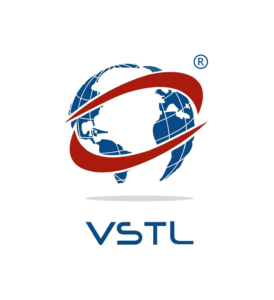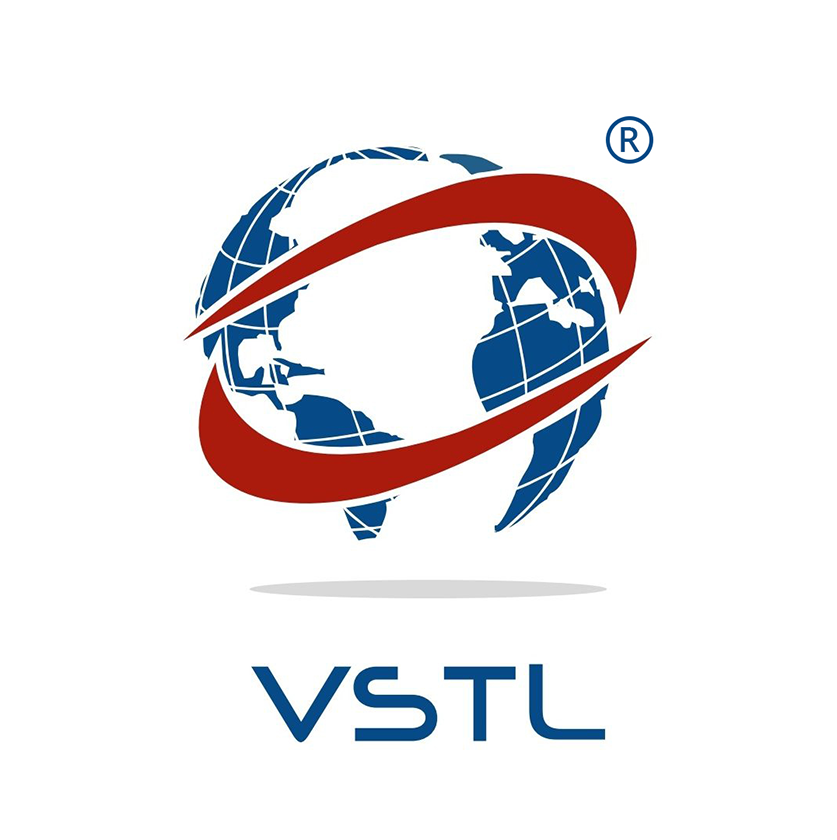
In the world of storage solutions, Solid State Drives (SSDs) have revolutionized the way we store and access data. Their speed, reliability, and efficiency have made them the preferred choice for both personal and professional use. However, when it comes to selecting an SSD, consumers often face a crucial decision: NVMe or SATA? In this comprehensive guide, we’ll delve into the differences between NVMe and SATA SSDs to help you make an informed decision.
Understanding the Basics: SATA vs. NVMe
Before we dive into the comparison, let’s establish a foundational understanding of these two SSD types.
SATA SSDs: SATA (Serial ATA) SSDs are the traditional type of SSDs that connect to the motherboard via the SATA interface. They are based on the same technology as traditional hard disk drives (HDDs) but use flash memory instead of spinning disks for data storage. SATA SSDs are widely used and are known for their affordability and compatibility with older systems.
NVMe SSDs: NVMe (Non-Volatile Memory Express) SSDs are a newer generation of SSDs designed to leverage the full potential of flash memory technology. Unlike SATA SSDs, NVMe SSDs connect directly to the motherboard through the PCIe (Peripheral Component Interconnect Express) interface. This direct connection allows NVMe SSDs to deliver significantly higher performance and lower latency compared to SATA SSDs.
Performance Comparison Between NVMe and SATA SSDs
One of the primary factors that differentiate NVMe and SATA SSDs is their performance.
Speed: NVMe SSDs offer significantly faster data transfer speeds compared to SATA SSDs. This is primarily due to the PCIe interface, which provides a much wider data path and lower latency. NVMe SSDs can deliver sequential read and write speeds of up to several gigabytes per second, whereas SATA SSDs typically top out at around 500MB/s to 600MB/s.
Latency: NVMe SSDs also excel in terms of latency, which is the time it takes for the storage device to respond to a data request. Because NVMe SSDs connect directly to the CPU via PCIe, they can achieve much lower latency compared to SATA SSDs, resulting in faster data access times.
IOPS (Input/Output Operations Per Second): NVMe SSDs typically offer higher IOPS compared to SATA SSDs, especially under heavy workloads. This means they can handle a larger number of simultaneous read and write operations, making them ideal for demanding applications such as gaming, content creation, and data analysis.
Price and Affordability
While NVMe SSDs undoubtedly offer superior performance, they often come with a higher price tag compared to SATA SSDs. This is due to the more advanced technology and components used in NVMe SSDs, as well as their higher manufacturing costs. On the other hand, SATA SSDs are generally more affordable and offer better value for budget-conscious consumers.
Compatibility and Installation
Another important consideration when choosing between NVMe and SATA SSDs is compatibility and installation.
Compatibility: SATA SSDs are compatible with a wide range of systems, including older motherboards and laptops that may not support NVMe SSDs. This makes SATA SSDs a convenient choice for users looking to upgrade their existing systems without having to worry about compatibility issues.
Installation: Installing a SATA SSD is relatively straightforward and requires only a SATA data cable and power connector. In contrast, installing an NVMe SSD may require a motherboard with an available PCIe slot that supports NVMe, as well as additional BIOS configuration. While the installation process for NVMe SSDs is slightly more involved, many users find the performance benefits well worth the effort.
Use Cases and Recommendations
When it comes to choosing between NVMe and SATA SSDs, the decision ultimately depends on your specific needs and budget.
NVMe SSDs are ideal for:
- High-performance computing tasks such as gaming, video editing, and 3D rendering.
- Workloads that require fast data transfer speeds and low latency, such as data analytics and database management.
- Enthusiasts and professionals who demand the best possible performance from their storage devices, regardless of cost.
SATA SSDs are suitable for:
- Everyday computing tasks such as web browsing, document editing, and multimedia consumption.
- Budget-conscious consumers who prioritize affordability and value over raw performance.
- Upgrading older systems that may not support NVMe SSDs or require additional hardware modifications.
Conclusion
In summary, both NVMe and SATA SSDs offer significant advantages in terms of speed, reliability, and efficiency compared to traditional hard disk drives. However, the choice between the two ultimately comes down to your specific requirements and budget constraints.
If you require maximum performance and are willing to invest in the latest technology, NVMe SSDs are the clear choice. Their lightning-fast speeds and low latency make them perfect for demanding applications and power users.
On the other hand, if you’re looking for a more budget-friendly option that still offers a significant performance boost over HDDs, SATA SSDs are an excellent choice. They offer a good balance of performance and affordability and are compatible with a wide range of systems.
Ultimately, whether you choose NVMe or SATA SSDs, you can rest assured knowing that you’re investing in a storage solution that will significantly improve your computing experience and productivity.
Best Bulk SSDs SUPPLIER IN WORLD
 For a decade, VSTL has been at the forefront of delivering unparalleled SSD solutions, establishing itself as the preeminent bulk brand new & Pulled SSD supplier globally. Our extensive inventory includes a diverse range of SSD types – from the traditional 2.5” to the space-efficient M.2 NGFF, high-performance M.2 NVMe, and the versatile mSATA. With a decade of specialized experience in supplying SSDs for laptops and desktops, VSTL has earned its reputation as a reliable industry leader.
For a decade, VSTL has been at the forefront of delivering unparalleled SSD solutions, establishing itself as the preeminent bulk brand new & Pulled SSD supplier globally. Our extensive inventory includes a diverse range of SSD types – from the traditional 2.5” to the space-efficient M.2 NGFF, high-performance M.2 NVMe, and the versatile mSATA. With a decade of specialized experience in supplying SSDs for laptops and desktops, VSTL has earned its reputation as a reliable industry leader.
